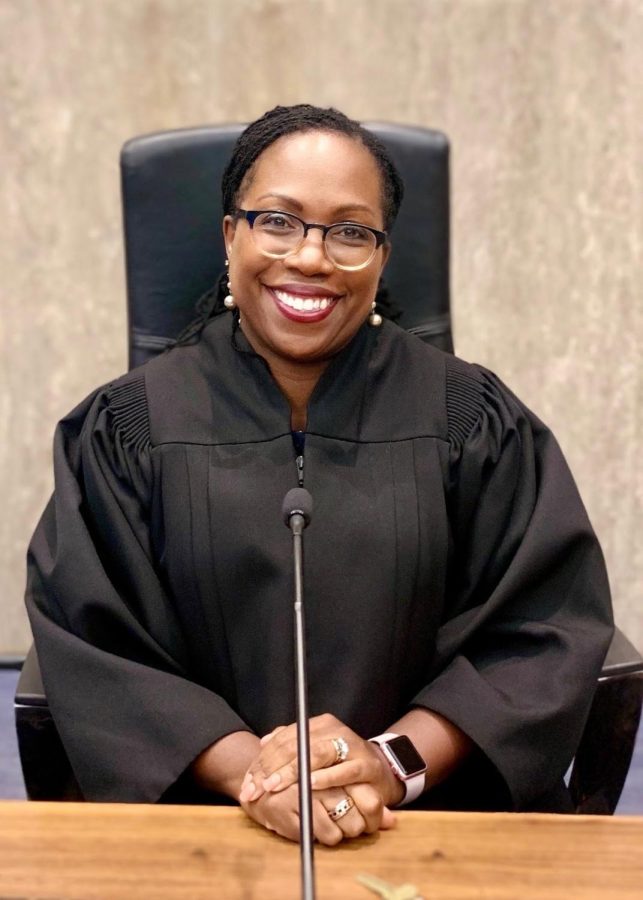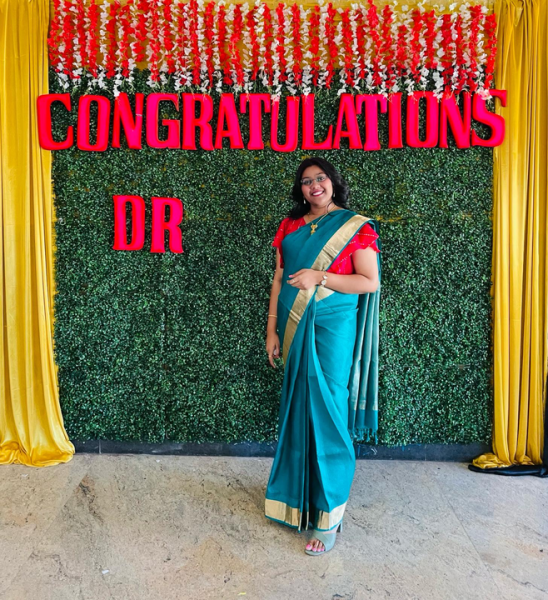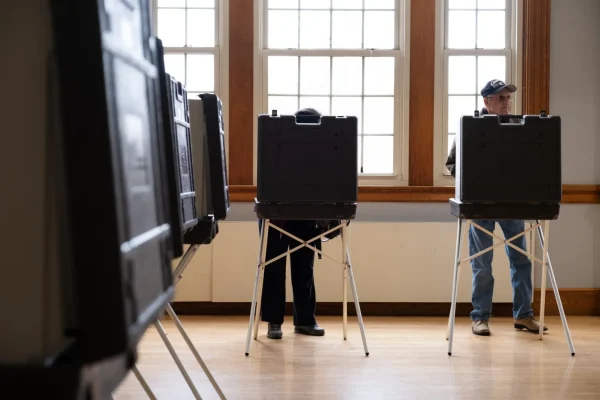Ketanji Brown Jackson officially confirmed to Supreme Court
Photo courtesy of Creative Commons/H2rty.
Ketanji Brown Jackson wears a robe.
Early last week, the U.S. Senate advanced Judge Ketanji Brown Jackson’s nomination after the Senate Judiciary Committee deadlocked.
This decision has ultimately paved the way for Jackson’s confirmation, which became official last week. With her nomination advanced to the senate floor, Judge Jackson was confirmed to the Supreme Court on Apr. 7, making her the first Black woman on the Supreme Court. The vote was 53-47, mostly along party lines, with three Republican senators voting in favor.
Throughout the nomination process, the combative set of confirmation hearings have helped further highlight the growing partisanship of the Supreme Court and the government as a whole, giving rise to concerns about future nominations.
Before being confirmed, Jackson faced four days of confirmation hearings, where she fielded questions from the bipartisan Senate Judiciary Committee.
Several senators focused on Jackson’s record on crime, honing in on her sentencing history for child pornography cases.
There has been particular media attention drawn to Sen. Ted Cruz’s (R-TX) line of questioning regarding critical race theory. Cruz alleged that critical race theory was taught as part of the curriculum of the private Washington school that Judge Jackson is on the board for.
Increasingly, senators will base their confirmation votes on whether the nominee will follow their party’s political philosophy. This decision was put on full display in Jackson’s hearings, where only three Republicans voted to bring her nomination to the Senate after the judiciary committee’s deadlock. However, this focus on partisanship is not entirely new.
Joshua Sandman, a professor in the legal studies, political science and international affairs department at the University of New Haven discussed this trend. “Over the past few decades, we’ve seen a polarization process take place,” he said. “The Senate is not looking at whether a person is qualified; they are looking at the ideology of the candidate to determine how they’re going to vote on issues that affect their agenda.”
Sandman also predicted that the Supreme Court nomination process will become more polarized in the future, saying, “you will need a democratic president and senate, or a republican president and senate, to get someone approved.”









